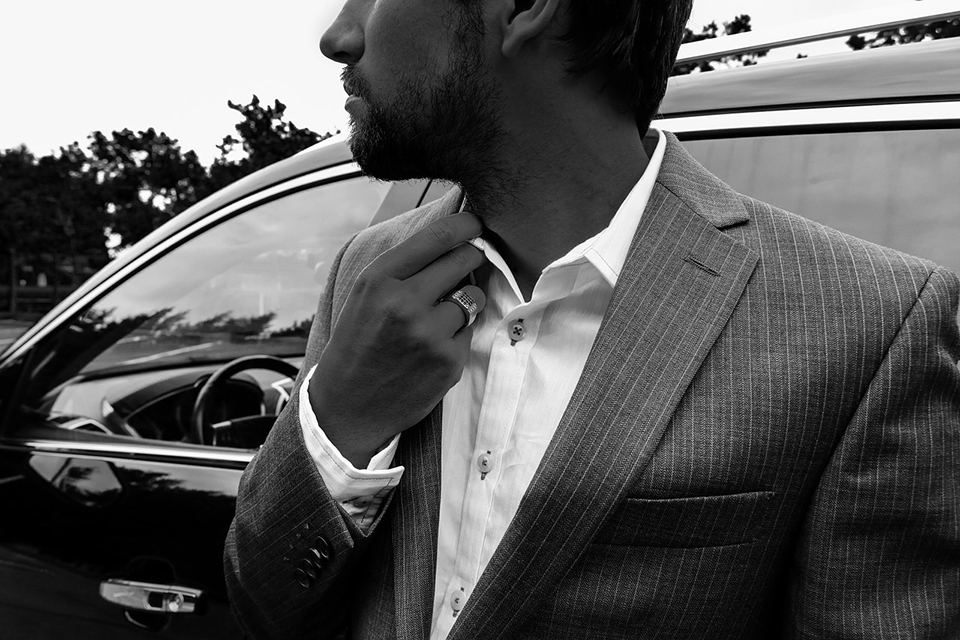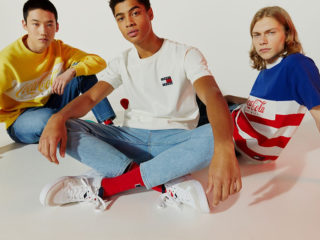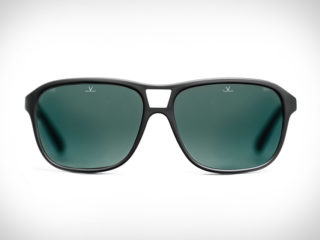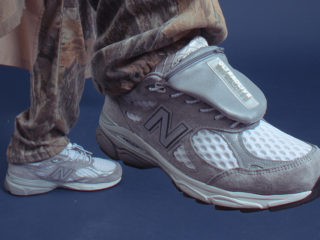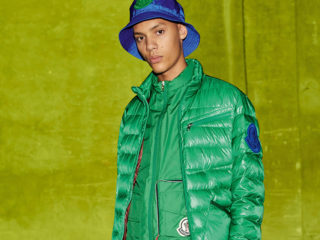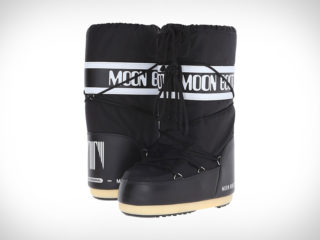The phrase “dress for success” gets thrown around a lot, but many people still fail to to heed the words and take them seriously. Well now there’s finally good reason to give the phrase, and your style, a little more thought.
According to a recent article in The Wall Street Journal, studies have shown that wearing “nice” clothing to the office actually affects your levels of confidence, how people perceive you, and even how you’re able to think abstractly.
One Yale study from 2014 placed 128 men between the ages of 18 to 32 in mock business negotiations of buying and selling. The men that were poorly dressed (t-shirts, sweats, sandales, etc.) averaged a profit of $680,000, while the men dressed in suits averaged a profit of $2.1 million. According to one of the co-authors of the study, the poorly dressed participants would often defer to the suited ones, thereby giving the suited ones a heightened sense of respect, which in turn caused them to back down less than they might have otherwise.
In another study, those who dressed up were more likely to engage in the kind of abstract, big-picture thinking typically found with CEO’s, while those who were less dressed concerned themselves with minor details of little or no consequence. As Michael L. Slepian, co-author of the study and an adjunct professor at Columbia Business School, told The Wall Street Journal, “People who wear that kind of clothing feel more powerful. When you feel more powerful, you don’t have to focus on the details.”
So details aside, how should all this translate to your everyday work attire? Well, that all depends on your everyday work environment. In today’s more casual workplace, dressing up can have a big affect, both good and bad. If you work in a bootstrapped tech startup where everyone from the CEO to the intern is rocking a t-shirt and jeans, showing up to work in a suit will obviously make you look out of place and out of tune with company culture, not to mention make others feel threatened. And the complete opposite holds true as well—showing up to your law firm in a t-shirt and jeans will obviously cast supreme doubt on your judgement and capabilities.
So what do you do? Well, we’re of the opinion that it’s always better to dress a little more up than down. By dressing up, you’ll always be appropriately dressed for that impromptu event, date, or meeting and never have to worry about being the guy who looks completely out of place. Plus there are many ways to easily turn your more “formal” dresswear more casual, whether by unbuttoning a few buttons, rolling up your sleeves, or even rolling up your pants and showing a little sock or ankle. Unfortunately, the same can’t be said for more casual attire—if you show up in a t-shirt and jeans, there’s no way of dressing them up without making a beeline for the nearest department store, and if an important person, event, or meeting does happen to spring up, you’re pretty much S.O.L.
Conclusion? Dressing up clearly makes a difference, and if you’re not already paying extra attention to your dresswear before walking out in the morning, you should get in the habit of doing so. Just remember to always err on the side of caution and never go to the extreme in either direction. Making a statement is one thing. Making a fashion statement is a whole other, and best reserved for those who get paid to do so.

